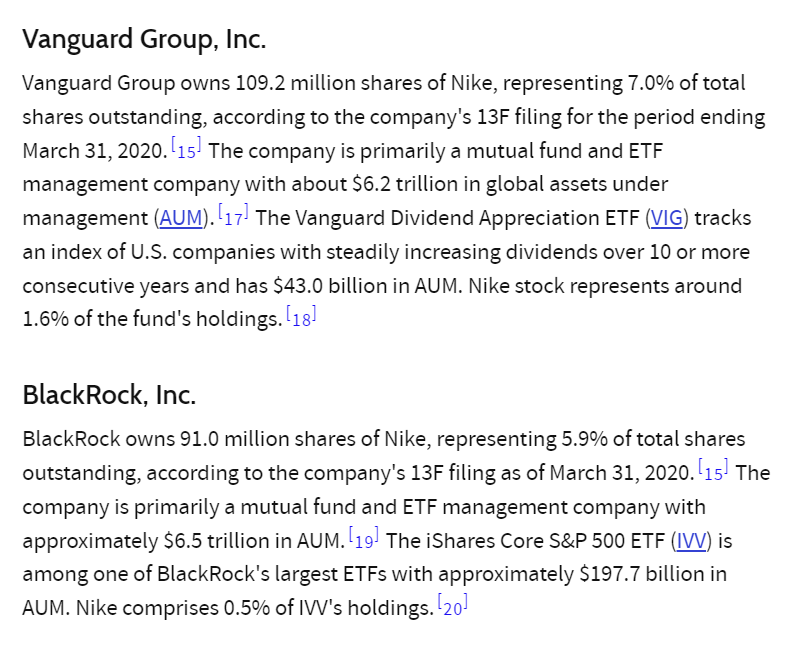Nike, the renowned global sportswear giant, recently faced a whirlwind of controversy surrounding reports suggesting a halt in sales at Israeli stores.
The initial reactions stirred a mix of emotions, sparking both celebration and concern, with perceptions linking Nike’s actions to solidarity with Palestinian activists and the BDS movement. However, a deeper examination of Nike’s decision reveals a more intricate narrative, quite distinct from the initial interpretations.

Also Read: Examining H&M’s Stance on Israel: Support or Speculation?
Daftar isi:
Nike’s Engagement with Israel
Initial reports hinting at Nike’s discontinuation of supply to Israeli stores initially appeared as a notable stance against Israel, stirring enthusiasm among certain BDS supporters. This perception derived from a communication sent to Israeli shoe stores, signaling the cessation of sales by May 31, 2022. Yet, Nike promptly clarified that their shift away from Israeli stores wasn’t politically driven but rather a strategic move focused on optimizing sales through their own channels, akin to their previous decision to halt sales on Amazon. However, this transition might disrupt local stores, impacting their profitability and potentially leading to increased prices from independent suppliers.
Nike’s Stakeholders and Their Influence
The roster of Nike’s key stakeholders includes prominent figures like Phil Knight, Mark Parker, Andrew Campion, Swoosh LLC, Vanguard Group Inc., and BlackRock Inc. Vanguard Group, holding a considerable portion of Nike’s shares (about 7.0% of total shares outstanding), and BlackRock Inc., with approximately 5.9%, wield significant influence. These stakeholders’ investments in Israel contribute layers of complexity to Nike’s corporate landscape, reflecting the intricate dynamics within the global economic network.
Check This: Support Israel Claims and Dunkin’ Donuts: Separating Fact from Allegation

The recent furor surrounding Nike’s decisions concerning Israeli stores stemmed from a misconception. What initially seemed like a political stance aligning with BDS revealed itself as a strategic business maneuver to centralize sales operations.
While local retailers bear the immediate brunt, Nike’s move fundamentally targeted enhancing profitability and asserting control over sales processes. This scenario highlights the pressing need to discern between corporate strategies and political statements in today’s rapidly evolving narratives. Nike, lacking substantial evidence of direct support or investment in Israel, may offer an alternative for consumers mindful of brand associations.
- Investigating Ferrero Rocher’s Support and Investment Stance on Israel
Does Ferrero Rocher support the Israeli Occupation of Palestine? The scrutiny surrounding the company’s supposed support is growing, particularly for…
- Exploring ASDA’s Interest and Support in Israel
Does ASDA support Israel by selling products sourced from Israeli settlements in Palestine? This raises concerns over human rights violations…
- Does Hershey Support Israel? A Deep Dive
Amid allegations of ties to Israel and Palestinian territories, Hershey faces controversy. Let’s delve into the upheaval, analyzing accusations, investigating…
- Luxury Companies Supporting Israel: A Deep Dive into Their Possible Connections
Are luxury companies, such as LVMH with its notable brands Hublot, TAG Heuer, and Tiffany & Co, supporting Israeli companies?…
